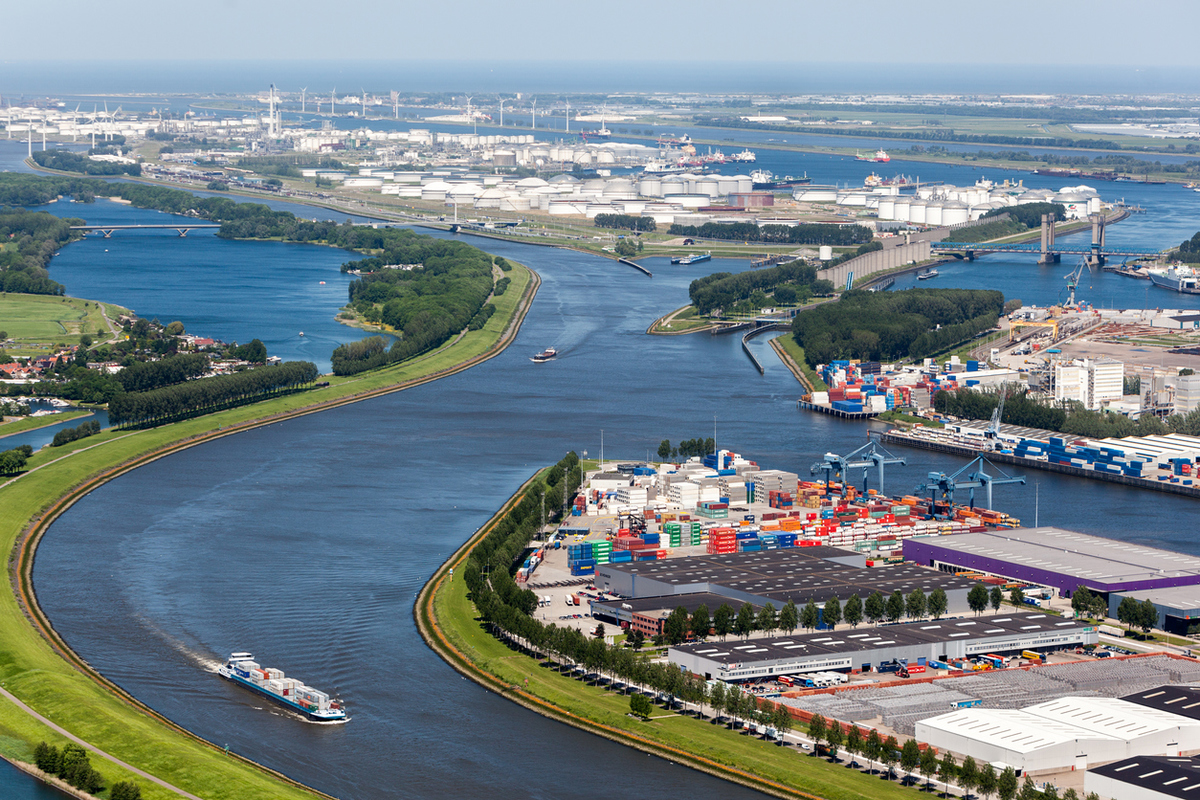Rotterdam's oil throughput declines further
Rotterdam’s liquid bulk throughput dropped by 2.4% in the first nine months of the year compared to the year-ago period.
 PHOTO: The Europoort area in the Port of Rotterdam. Getty Images
PHOTO: The Europoort area in the Port of Rotterdam. Getty Images
Crude oil throughput dropped by 1.9% on the year, to 76.70 million mt in the first nine months of the year. The port has attributed the drop to increased maintenance work at the refineries, which impacted supply.
Crude oil throughput had earlier dropped to 1.4% year-on-year in the first half.
Apart from this, throughput of mineral oil products declined by 3.1% on the year in the first nine months of 2023. The amount of fuel oil transported via Rotterdam has lessened due to the EU sanctions on Russian oil products.
Contrastingly, LNG throughput showed a marginal increase of 0.4% at 8.6 million mt as more LNG was imported to replace Russian gas. With the sanctions on Russian oil in place, an increase in LNG imports has raised the throughput.
According to the port authority, "higher energy costs and lower capacity utilisation rates at plants in Europe meant that existing stocks were pared down."
Rotterdam’s total throughput in the first nine months of 2023 witnessed a 6% drop from a year ago, with dry bulk witnessing an 11.9% fall. While containers and coal dragged the port's total throughput down, iron ore and scrap, agricultural bulk, and LNG throughput have gone up.
The port authority has cited “limited growth in the global economy and geopolitical tensions” as key drivers of lower trade volumes worldwide.
“As we expected, the throughput in the first nine months was lower than last year but is in line with our prognoses. The economy has not yet recovered and this continues to impact throughput figures,” the Port of Rotterdam Authority's interim chief executive Boudewijn Siemons said.
By Manjula Nair
Please get in touch with comments or additional info to news@engine.online





